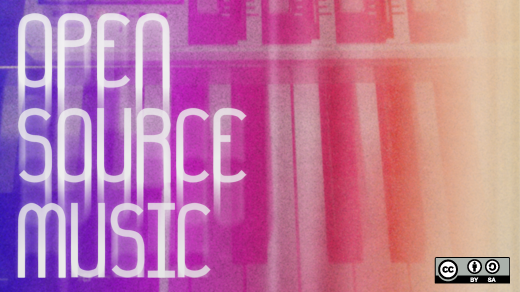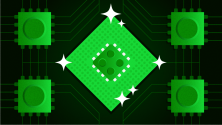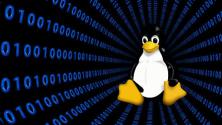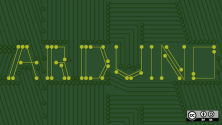JR wrote to us to share his open hardware project: pedalSHIELD. It's a great example of open hardware + open source software + open instructions and tutorials.
Share your story with Opensource.com.
There are a good number of nice programmable DIY guitar pedals out there. So, the pedalSHIELD is nothing new, except for the fact that I think we've strived harder than the rest to keep the project open, simple, supported, and affordable. The idea was to design a platform for Arduino users to learn about digital signal processing, effects, and synthesizers—also to experiment without a deep knowledge in electronics or programming.
The hardware has three parts:
- The input stage or preamp amplifies the guitar input signal and sends it to the Arduino microcontroller to be processed.
- The Arduino board does all the Digital Signal Processing (DSP), like modifying the signal/waveform and adding the effects (delay, echo, distortion, volume, and more).
- The output stage takes the signal from the Arduino DACs and prepares it to be sent to the guitar amplifier. This part also includes a summing amplifier, which is very useful for delay effects like echo or chorus.
Get a quick (2 minute) overview of it here:
pedalSHIELD was designed using the open source tool KiCad and the open source hardware board Arduino. Then, we made the steps to build one and program one yourself available for free use. No need to learn new DSP languages or use complex closed platforms. Get the kit and other accessories on our site.
We are aware that Arduino is not a floating-point DSP processor, but the benefits obtained from writing a distortion/delay pedal with less than ten lines of standard C code using a free of charge platform are enough to give it a chance.
On our community forum, anybody can contribute their ideas, hacks, and code to the project. This is a where all of the sharing happens—create your own sounds by combining and modifying basic effects pedals, program your own effects in C/C++, and download and share effects.
View the complete collection of Open Hardware Week articles.








1 Comment